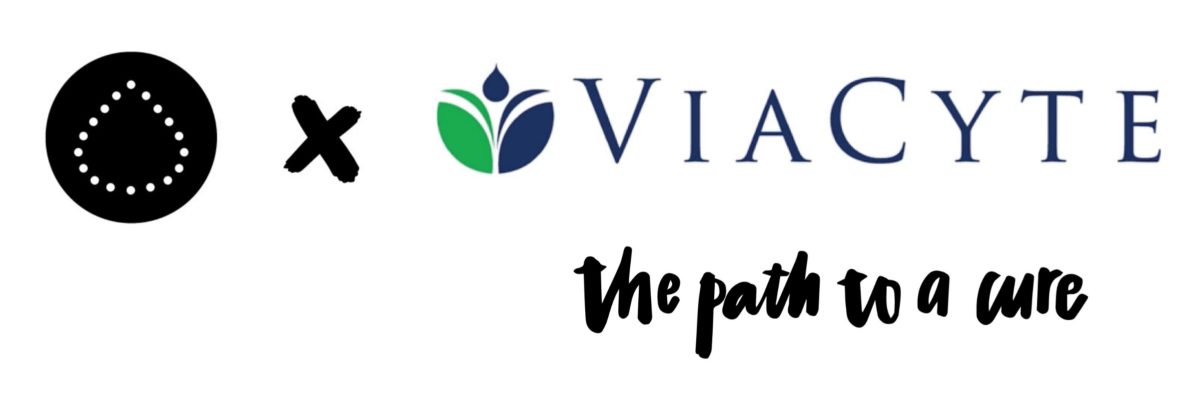Stem Cell-derived Treatment One Step Closer to Type 1 Diabetes Cure
Earlier this week, ViaCyte, Inc., a privately-held, regenerative medicine company, and a grantee of Beyond Type 1’s cure research funding, announced its first patients are being treated by the company’s implanted PEC-Direct product candidate in a trial at the University of Alberta Hospital in Edmonton, Alberta and at the UCSD Alpha Stem Cell Clinic in San Diego, California.
The company’s PEC-Direct candidate is a novel islet cell replacement therapy that is under development as a functional cure for type 1 diabetes (T1D) patients who are at high risk for acute life-threatening complications. It delivers stem cell-derived pancreatic progenitor cells in a device that is designed to enable direct vascularization of the cells. According to ViaCyte, following implantation the introduced cells can proliferate and mature into human islet tissue capable of producing insulin.
“There are limited treatment options for patients with high-risk type 1 diabetes to manage life-threatening hypoglycemic episodes,” said ViaCyte President and CEO Dr. Paul Laikind. “We believe the PEC-Direct product candidate has the potential to transform the lives of these patients.”
The announcement that actual treatment with cell replacement therapy was underway comes after the company landed regulatory victories from the USFDA and Health Canada in May, greenlighting the clinical trial phase of its venture.
The therapy is being developed for T1D patients who are at a high risk for life-threatening complications and have hypoglycemia unawareness, extreme glycemic liability, or severe hypoglycemic episodes. It is estimated that about 140,000 people in Canada and the United States have high-risk T1D, according to the company.
The goal of the open-label clinical trial is to evaluate the PEC-Direct product candidate for safety and definitive evidence of efficacy. In the coming months, the company expects to expand the trial to additional centers including the University of Minnesota and other sites in the US and Canada when a second cohort of 40 patients are expected to come under treatment to further test safety and efficacy.
The primary measurement for effectiveness in the trial is insulin production in a patient population whose bodies have little to no ability to produce insulin. ViaCyte’s goal is to demonstrate initial insulin generation in its patients in the first half of 2018 and continued definitive insulin production 6-12 months later.
The announcement that treatment through the PEC-Direct product candidate is underway represents a step forward in the broader application of cell-replacement and cell-regeneration technology. The idea is that medically introduced cells can bond and assimilate to the body and begin doing body work that is failing to be done naturally. Introduced cells, for instance, can start generating insulin when one’s pancreas is not.
“We remain fully committed to developing a functional cure for all patients with insulin-requiring diabetes,” Laikind said. “To that end, we are hard at work on next-generation approaches as well, and expect the work with PEC-Direct to further advance our knowledge and drive progress.”
The clinical trial is being supported in part by JDRF, a leading global organization funding T1D research. In February it was announced that ViaCyte had received a grant from Beyond Type 1 to support the company’s efforts to develop a functional cure for type 1 and other insulin-requiring diabetes.
Read The Human Trial and What It Means for a Cure by Michelle Boise.





